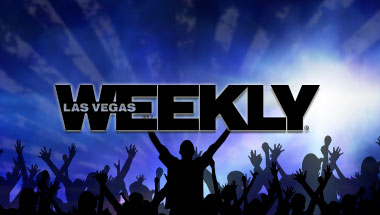
A Futile and Stupid Gesture Will Forte, Domhnall Gleeson, Emmy Rossum. Directed by David Wain. Not rated. Available January 26 on Netflix.
The early ’70s were a time of division and unrest, Nixon paranoia and Vietnam withdrawal, counterculture and cocaine. Thanks to Midwestern misanthrope Doug Kenney, it was also the dawn of modern comedy.
With fellow Harvard Lampoon alum Henry Beard, Kenney co-founded National Lampoon magazine in 1970. Content skewered and offended in ways previously unimagined. After all, as Kenney (Will Forte) says in new Netflix film A Futile and Stupid Gesture, “Kids need something to read while getting teargassed.”
Gesture follows the magazine’s beginnings, National Lampoon Radio Hour collaborations with John Belushi, Chevy Chase, Christopher Guest, Bill Murray, Gilda Radner and Harold Ramis, staff hijacking by Saturday Night Live and Kenney’s departure from Lampoon in favor of Animal House and Caddyshack. As showbiz stakes increase, so too does Kenney’s drug use and alienation from friends and family.
Directed by fellow comedy disrupter David Wain (Wet Hot American Summer), Gesture boasts not only a who’s who of nonfiction characters but a cast knowing its way around a writers’ room: Will Forte, Joel McHale, Seth Green, Broad City’s John Gemberling, Kroll Show’s Jon Daly, Undateable’s Rick Glassman, career veteran Martin Mull, and from ’90s sketch sensation The State, Wain’s old pals Thomas Lennon and Joe Lo Truglio.
Gags range from over-the-top broad to blink-and-miss subtle. Parody? Surrealism? Food fights? Buckle in. Lord of the Rings puns? “It’s tough to kick the Hobbit,” admits Henry (Domhnall Gleeson). “Always leave them wanting Mor-dor,” Doug suggests. Nudity? It’s there, too.
Screenwriters Michael Colton and John Aboud (Children’s Hospital) cite American Splendor and 24 Hour Party People as inspirations for the inventive, madcap biopic. Basic facts and crassness muted in a 2006 book of the same name or 2015 documentary Drunk Stoned Brilliant Dead spring to life in full, lurid color. Gesture demolishes the fourth wall, giggling at its own jokes and readily admitting its subject’s shortcomings. “Four’s all that really fits our story,” narrator “Modern Doug” apologizes, explaining the lack of female or black Lampoon writers. “In our defense, we also had very few Jews!”
Re-creating an environment in which bad behavior ran rampant, Gesture walks a fine line between celebration and cautionary tale. The film arrives at both the perfect and worst time possible in today’s current sociopolitical climate. But keeping dichotomy always at the foreground, it reveals brilliant comedy’s true dual nature: desperate relief intermingling with abiding darkness. In the same way all humor is objective, the lessons Gesture imparts might fuel a thousand conflicted think pieces.
These days the Lampoon brand may no longer shine, but few stories in comedy history have remained as influential. Though political correctness will evolve over time, Gesture proves every generation chooses its own line. It’s up to the next to cross it.







